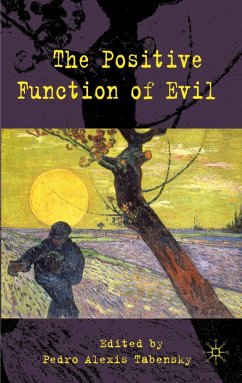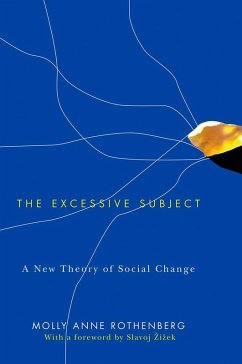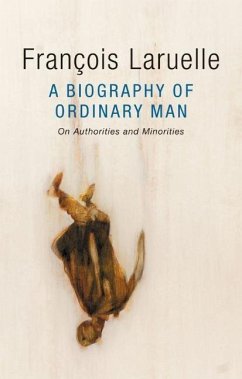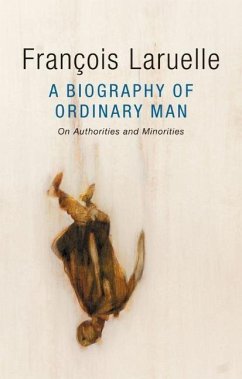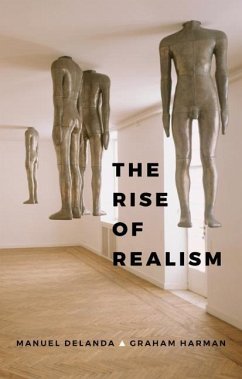Nicht lieferbar

The Idea of Evil
This timely book by philosopher Peter Dews explores the idea of evil, one of the most problematic terms in the contemporary moral vocabulary. Despite the widespread abuse and political manipulation of the term, Dews argues that we cannot do without it. Yet our intuitions about evil pull us in different directions.
This timely book by philosopher Peter Dews explores the idea ofevil, one of the most problematic terms in the contemporary moralvocabulary.
Surveys the intellectual debate on the nature of evil over thepast two hundred years
Engages with a broad range of discourses and thinkers, fromKant and the German Idealists, via Schopenhauer and Nietzsche, toLevinas and Adorno
Suggests that the concept of moral evil touches on a neuralgicpoint in western culture
Argues that, despite the widespread abuse and politicalmanipulation of the term 'evil', we cannot do withoutit
Concludes that if we use the concept of evil, we mustacknowledge its religious dimension
Surveys the intellectual debate on the nature of evil over thepast two hundred years
Engages with a broad range of discourses and thinkers, fromKant and the German Idealists, via Schopenhauer and Nietzsche, toLevinas and Adorno
Suggests that the concept of moral evil touches on a neuralgicpoint in western culture
Argues that, despite the widespread abuse and politicalmanipulation of the term 'evil', we cannot do withoutit
Concludes that if we use the concept of evil, we mustacknowledge its religious dimension







